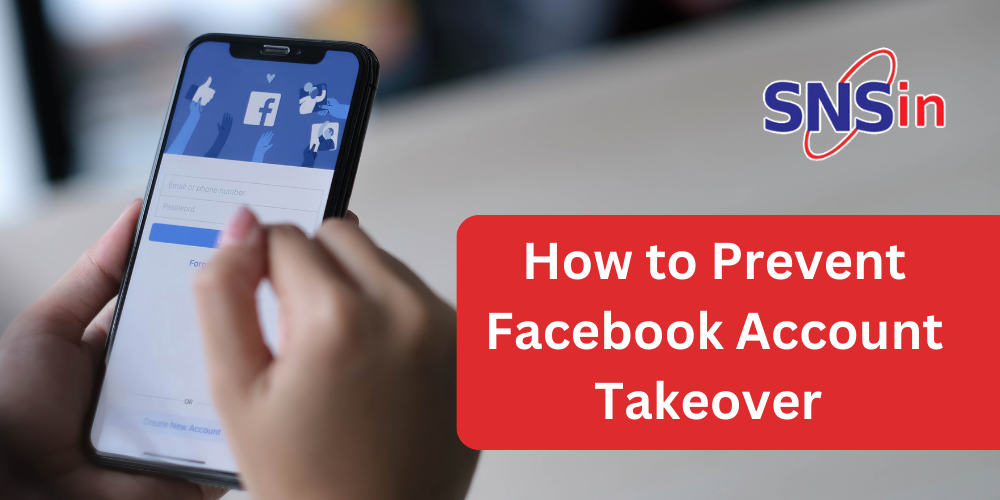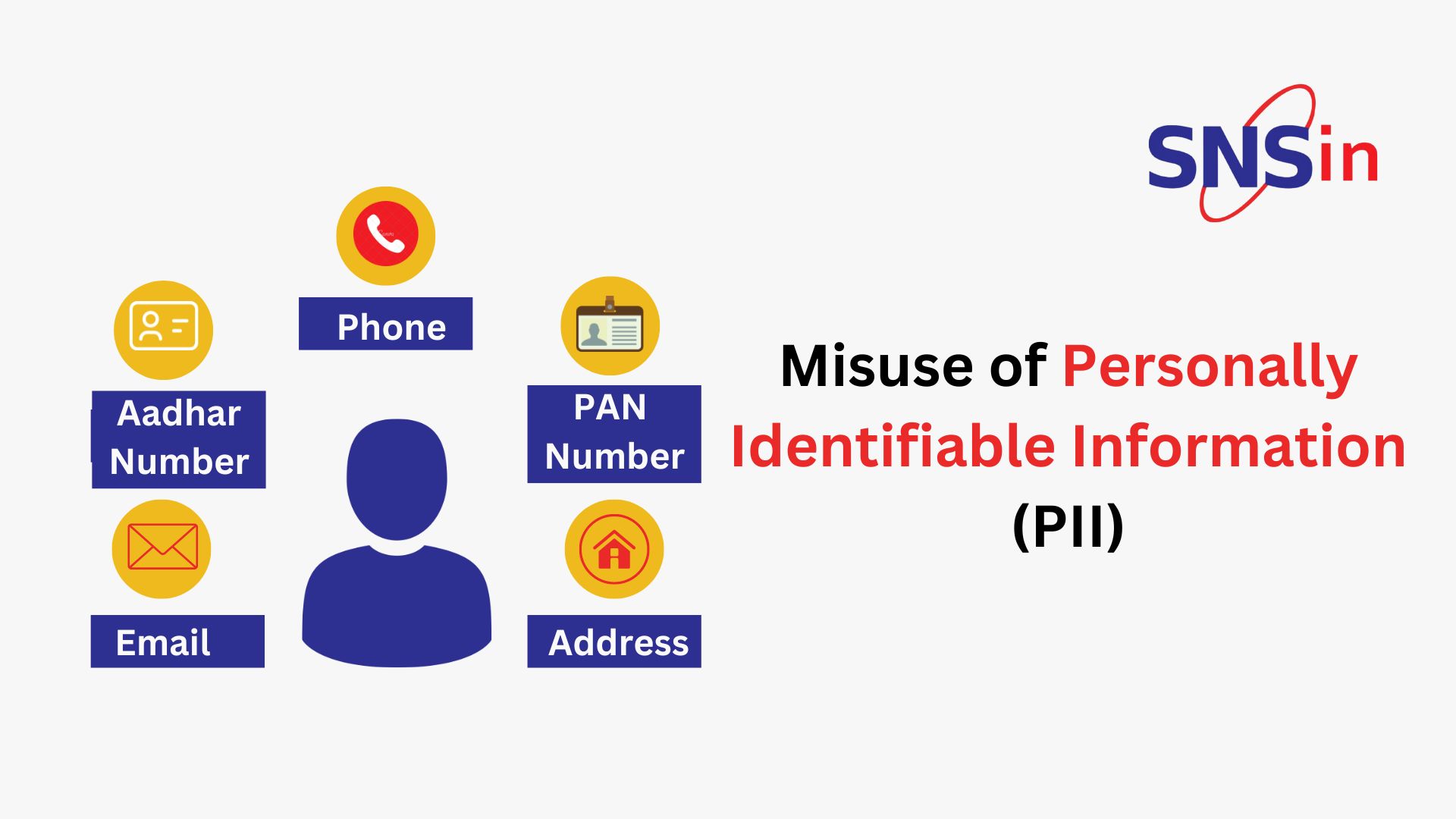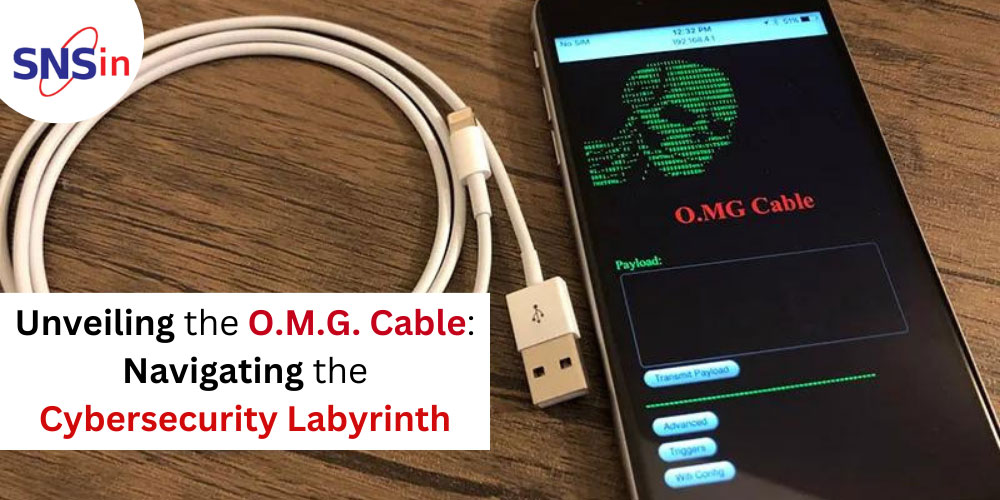Facebook has become an integral part of our daily lives, facilitating communication with friends, family, and global communities. This widespread usage has also attracted the attention of cybercriminals. They seek to exploit vulnerabilities and launch malicious attacks. The most concerning threat is the Facebook account takeover, where hackers gain unauthorized access to your profile.
In this blog, we will explore effective strategies to protect your Facebook account from potential takeover attempts, ensuring your digital identity remains secure and undisturbed.
Craft Robust Passwords and 2FA
Fortifying your account begins with setting up a strong, unique password. Avoid common phrases, birthdates, or easily guessable information. Instead, create complex passwords with a combination of upper and lower-case letters, numbers, and special characters. To add an extra layer of security, enable Two-Factor Authentication (2FA). This added step requires a secondary verification code, often sent to your mobile device. It makes it much harder for attackers to breach your account.
Remain Wary of Phishing Attempts
Phishing continues to be a favoured tactic among hackers to trick users into revealing their login credentials. Be careful while encountering unsolicited emails, messages, or links that claim to be from Facebook or request you to log in. Always verify the URL before entering your credentials. Genuine Facebook login pages always have “facebook.com” in the web address.
Keep Your Devices and Apps Updated
Regularly updating your devices (computers, smartphones, tablets) and apps, including the Facebook app, is pivotal to maintaining a robust defence against potential threats. Outdated software may open doors for vulnerabilities that hackers can exploit to gain unauthorized access.
Review Connected Apps and Permissions Regularly
Periodically scrutinize the list of connected apps and websites that have access to your Facebook account. Discard any apps you no longer use or trust. Be observant when granting permissions, as some apps might request excessive access, jeopardizing your privacy and account security.
Prioritize Secure Browsing (HTTPS)
Prioritize the use of a secure browsing connection (HTTPS) when accessing Facebook. HTTPS encrypts the data exchanged between your device and Facebook’s servers, rendering it harder for attackers to intercept your login credentials.
Refrain from Using Public Device
Resist logging in to your Facebook account from public or shared devices, such as computers in cyber cafes. If you must use such devices, ensure to log out after each session and avoid selecting the “Remember Me” option. Also try to change your password after such public session to avoid your password being captured using key loggers in public places.
Activate Login Alerts
Take advantage of Facebook’s “Login Alerts” feature, which promptly notifies you via email or text message whenever your account is accessed from an unfamiliar device or location. This allows you to identify potential unauthorized access attempts.
Stay Informed and Updated
Remain updated on the latest security news and alerts shared by Facebook. The company regularly publishes security tips and information on its website. They are empowering users to remain vigilant against evolving threats.
Conclusion
Securing your Facebook account against takeover attempts demands an active and mindful approach to digital security. By implementing robust passwords, enabling Two-Factor Authentication (2FA), staying vigilant against phishing attempts, and keeping abreast of security updates, you can effectively shield your account from malicious intrusions. Remember, your digital identity is an asset, and safeguarding it will guarantee a safer and more enjoyable experience on Facebook. Stay vigilant, stay secure, and enjoy your social space without fear of intrusion!
SNS India provides Corporate Training Workshops on Cybersecurity Awareness Training, Network Security, and customized Cybersecurity topics. Please feel free to contact us at [email protected].
Swathi
Author
Working IT professional and a Cyber Security enthusiast. Passionate to write about Cyber Security topics and Solutions. I share my insights as I study articles and trending topics in the field of Cyber Security.
![]()




